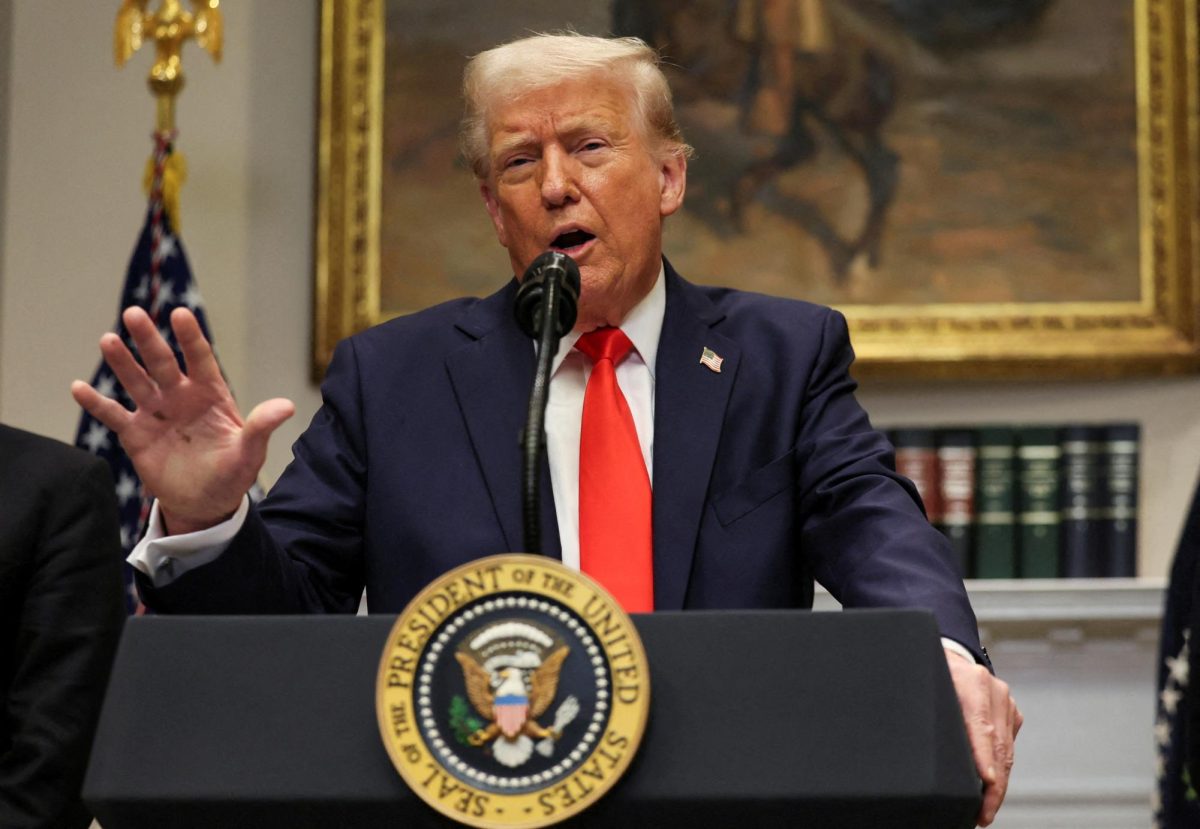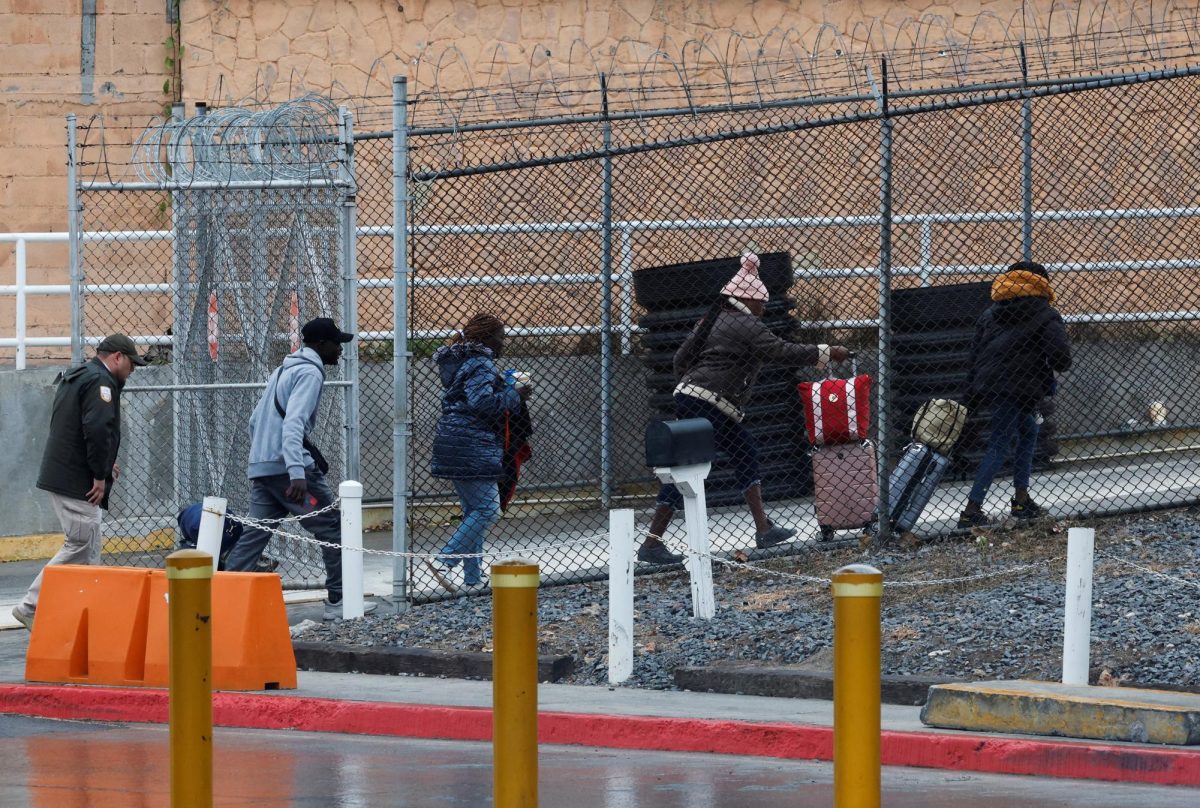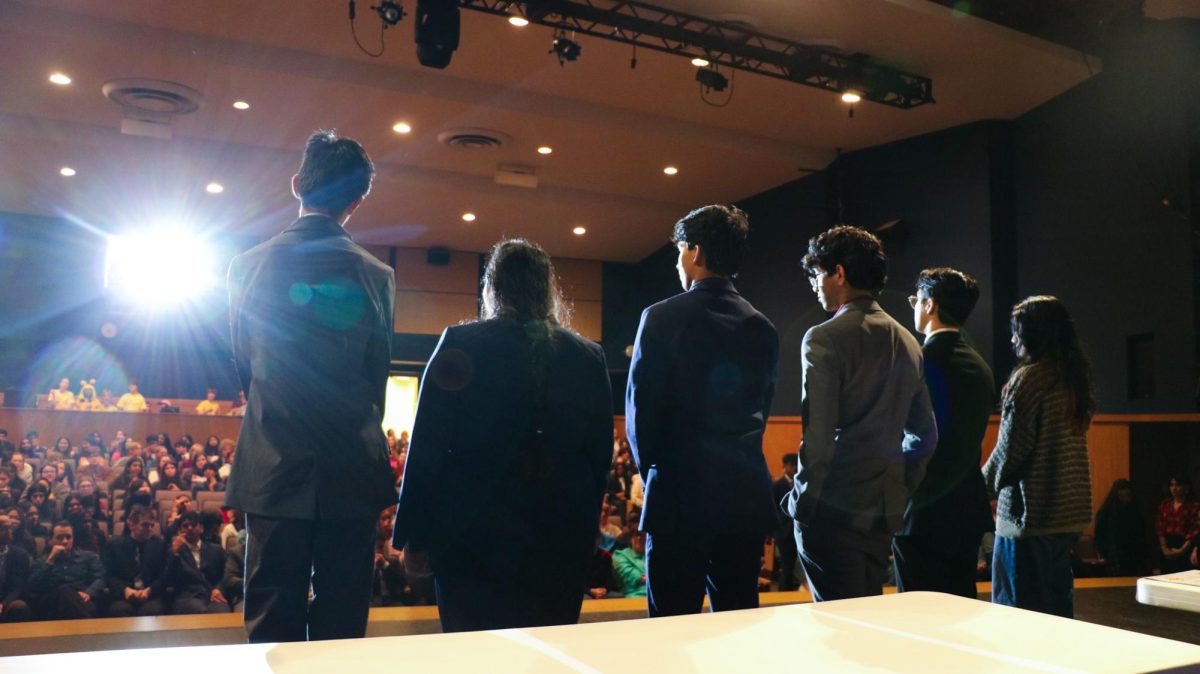In a world of over seven billion people, our generation is provided with an excess of opportunities to disappear. Â Personalities can wear away beneath the rush of students through a crowded hallway, the procession of standardized testing scores, and the parade of letters on a grade report.
So the question presented to our generation is: why choose to make yourself any smaller?
College provides students with a chance not to simply advance their academic pursuits, but to deepen and enhance their understanding of themselves as human beings.
A student’s choice of college, then, should reflect this intimate experience; it should be a place in which he or she feels valued for one’s unique quirks and characteristics.
But in the decision between small colleges that provide such environments and large universities, thousands of applicants favor schools with larger populations.
Large universities, it must be admitted, offer several promises which in some ways surpass those of small colleges. Â The breadth of opportunities, chances to aid research, and facilities are often broader in universities than in smaller colleges.
However, although they might fall short of the plethora of opportunities in universities, small colleges still offer a vast number of unique experiences that can be equally life-changing for students.
Schools with smaller student bodies provide the personal experience that can often be lacking in schools with larger populations. Â A smaller student-to-teacher ratio ensures that students will be more than a statistic within the annals of university history. Â Instead, students at small schools are provided with a chance to get to know their teacher outside of cavernous lecture halls as well as for their teachers to appreciate them through mediums other than their final grade.
College, like high school, shouldn’t simply be about earning the grade or getting all the points.  By offering more intimate classes, small colleges can promote discussion-based learning between individuals who understand and respect one another.  Instead of preparing their students for the next test, these intimate classes prepare their participants for life.
For students who are struggling with the decision of what field to focus on in their college education, these personal and intensive courses offer an opportunity to discover their interests and passions without being overwhelmed by an inundation of classes from which it is impossible to choose.
These invaluable insights into different career subjects can be hard to access in overcrowded classrooms with little one-on-one time with professors.
By choosing large universities with overwhelming student bodies, new students often strip themselves of the invaluable support system which will allow them to survive and flourish under these new situations.
The depth of opportunity provided by small schools, in addition to their personal atmosphere, chance for exploration and close community, creates a small-college environment that encourages and protects the unique passions and characteristics possessed by each student.
The “right†choice between big schools and small schools is one that is unique to every student.  Some might thrive in large universities with massive student bodies, while others will flourish in schools with less than two hundred pupils per grade.
However, it’s important to not rule out small colleges simply because they lack the impressive scale of larger schools.
Instead, look at how your prospective schools mirror you—not just as an academic, but as an individual human being.
In the end, small colleges soar past large universities in their ability to give each student an education as idiosyncratic as they are.
Â













